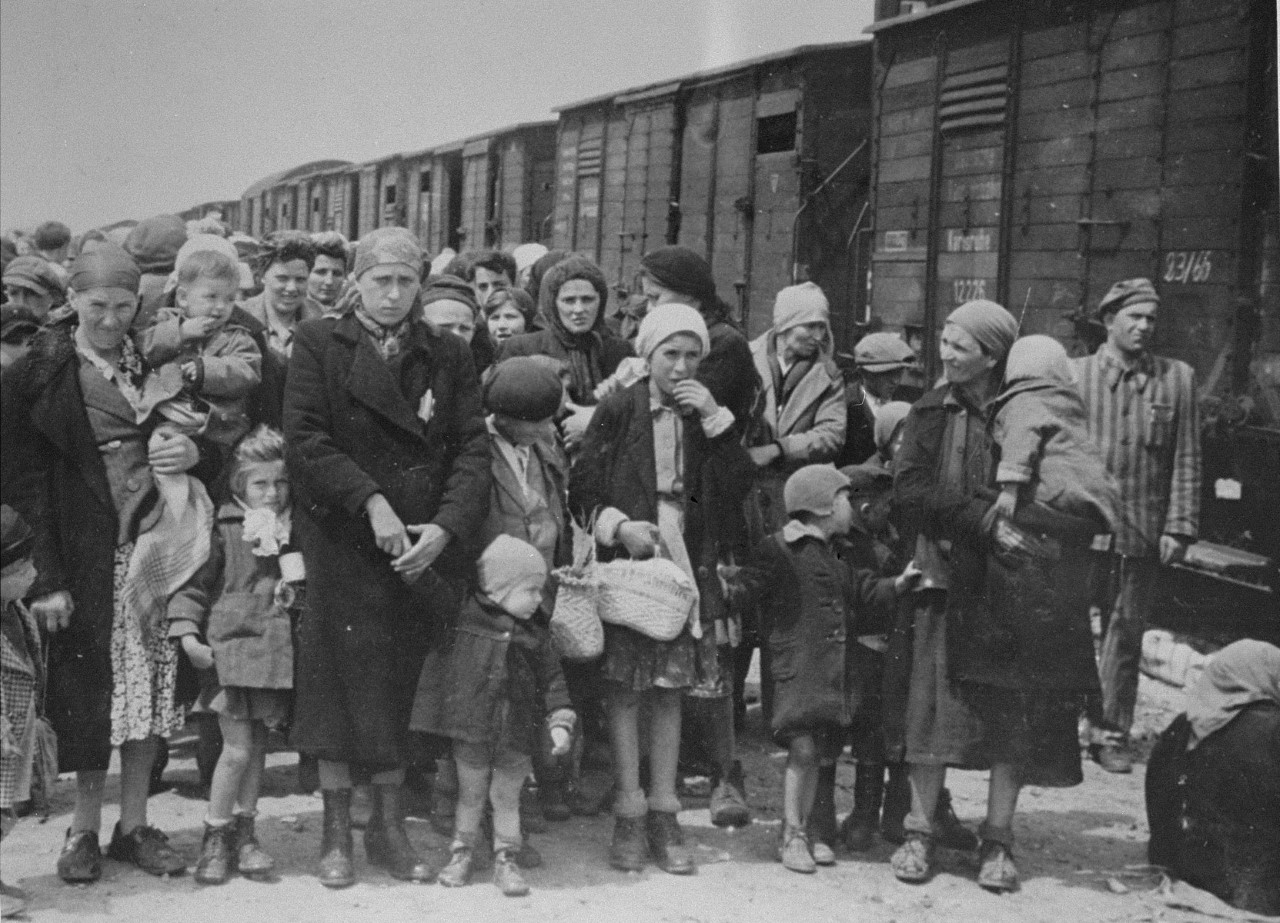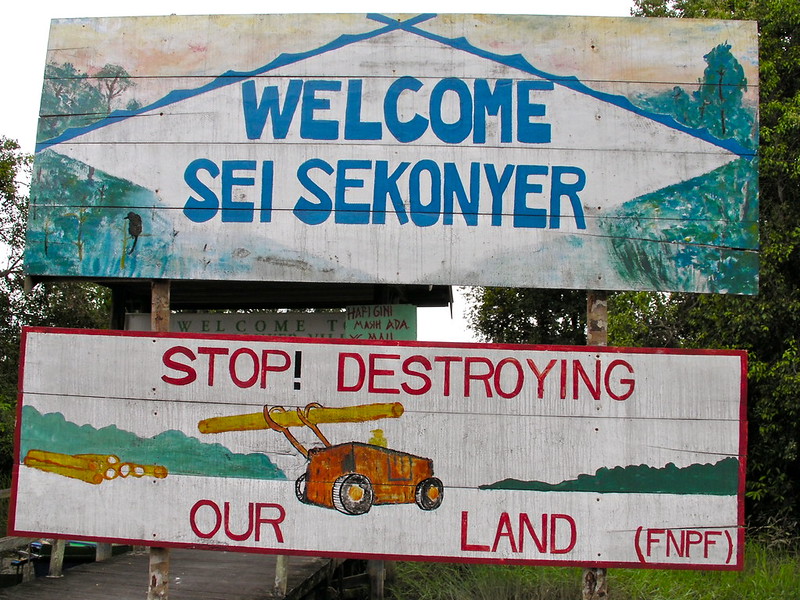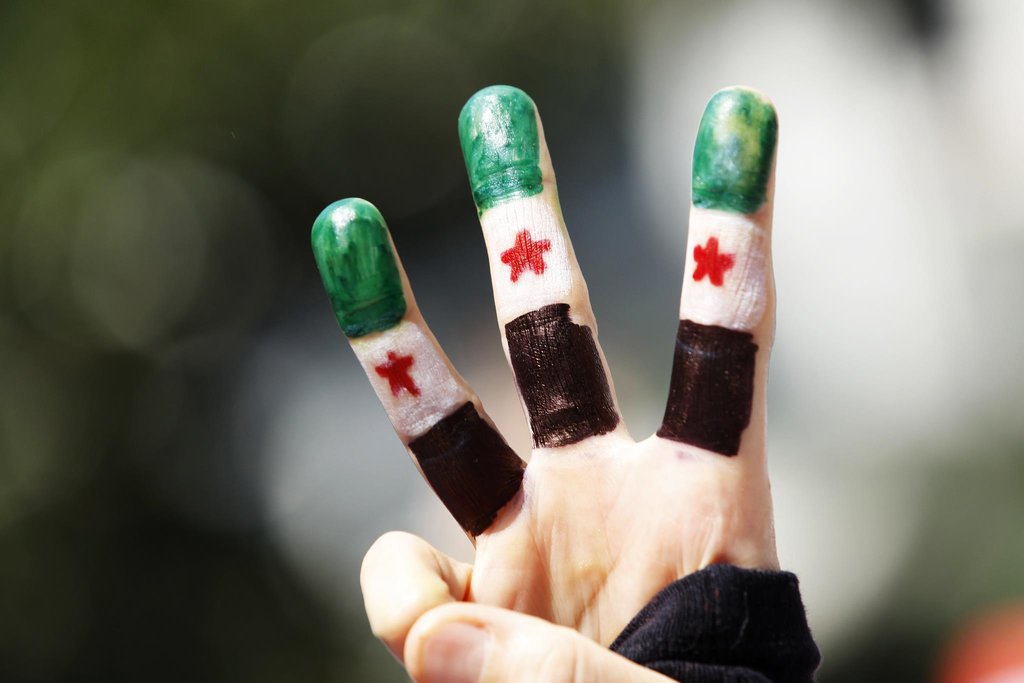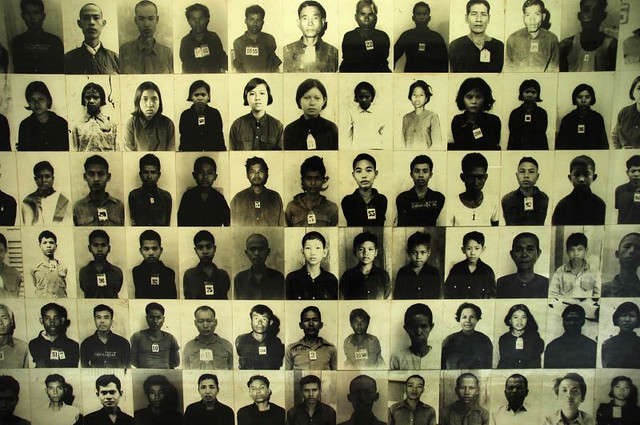This seminar series – which started in August 2019 – has addressed some of the key questions within transitional justice. The issues discussed are relevant in today’s world, history and will continue to be relevant in the future.
Transitional justice is an important part of rehabilitation, state- and peace-building after conflict. However, it can also be part of a society that is recovering from a repressive regime or going through regime change. Although the tendency has been for truth commissions in transitional societies or after authoritarianism and conflict, there is a growing trend towards colonial and democratic states adopting truth commissions or other transitional mechanisms to right wrongs committed against their indigenous and minority populations. Broadly, the aim of transitional justice is to rebuild and reconcile society, bring perpetrators to account and provide a sense of justice for victims and survivors. Ultimately, it aims to help repair society. An important aspect of this is public recognition of the wrongs of the past, not only through formal mechanisms such as truth commissions, but also though public discussions, raising knowledge and awareness.
In September 2017, the Norwegian Parliament established a Truth and Reconciliation Commission (TRC) to investigate centuries of repressive state policies against the Indigenous Sami and Kven minority. These policies formed part of the state’s ‘Norwegianisation’ policy (fornorskningspolitikken) that aimed towards a homogenous Norwegian population, with the effect of marginalising and repressing minority groups. Norway’s renewed attention to their past wrongs is in line with an increasing global concern on how to address past repressions, atrocities and human rights abuses. Law and legal mechanisms are increasingly important tools for addressing violence and societal change. Multiple societies globally are incorporating aspects of transitional justice which focus on addressing past human rights abuses that were perpetuated by the state during a period of conflict or tension.
The series has addressed transitional justice in Norway and beyond, and included broad discussions of transitional justice across different contexts.
This seminar series has been sponsored by Fritt-Ord and is a collaboration between LawTransform, CMI, the University of Bergen and Bergen Global.
This series has been coordinated by Anna Gopsill, Dorothee Alberts, and Elin Skaar.
Seminars in the series
Justice done? How Cambodia is dealing with its past

Towards a better understanding of gender and genocide
In international interventions related to genocide, gender is often understood primarily as relating to women. Further, when we think about gendered harms during conflict and genocide, we often think about sexual violence – women are often seen as bodies for reproduction, and men as bodies for fighting. There is still a lot that we don’t know about gender and genocide, and how the two connect. In order to create better interventions to prevent and improve understandings of genocide, we need a more complete understanding of how gender intersects with genocide.

Women mobilising against violence
Olga Velásquez in conversation with Anna Gopsill. Across Latin America, women have been front and centre of fighting for the eradication of violence against women and protesting in support of abortion rights on the continent. These groups have mobilised as feminists against a conservative background. International attention has largely paid focus to the collectives that fight for the eradication of violence against women. Less is known, however, about how women use their identities as mothers in collective movements. This seminar addresses the role of mother’s groups in mobilising against violence – particularly those seeking support and justice for their sons and daughters lost during dictatorships and internal armed conflict in Colombia. Watch the live-steam here.

Indigenous reconciliation and land rights
Ranjan Datta in conversation with Camila Gianella. This presentation addressed a number of unanswered questions in current practices of reconciliation and land rights, including: Is reconciliation an end goal to be achieved or is it a process? What is the colonial history of this region? Who occupied these lands before the establishment of the current borders & national government? What does anti-colonial struggle look like in this area? Are there any active anti-colonial struggles going on? This presentation will discuss initiate these transdisciplinary questions that challenged not only our static science and social science mindsets, but taken the responsibilities for reconciliation including: building respectful relationships with Indigenous people, respecting Indigenous Treaties, taking actions decolonizing our ways knowing and acting, learning the role of colonized education processes, protecting our land and environment, and developing transnational solidarity.
Watch the live-stream here.

Promoting justice during conflict
Transitional justice is most often treated as a concept that ‘deals with the past’ and consequently focus on retrospective institutional attempts at dealing with injustices. Less attention has therefore been afforded to the study of how demands and claims of justice are pursued during conflict – especially under circumstances where there are ostensibly no visible transition occurring and mechanisms of justice seem remote. The Syrian conflict has seen the rise of diaspora activism concerned with various forms of transitional justice, ranging from detailed roadmaps for a political transition to open hearings abroad for victims to speak freely about their experiences.

Justice done? How Cambodia is dealing with its past
From 1975 to 1979 the Khmer Rouge killed approximately 2 million people, which was equivalent to 25% of the population. But the young Cambodians who were born after the fall of the Khmer Rouge show little interest in dealing with their country’s past. This presentation touched on various issues of the genocide and discussed whether the Khmer Rouge Tribunal made a meaningful contribution to healing the wounds of the past.
Watch the live-stream here.

The Sami truth commission in comparative perspective
In 2018 the Norwegian Parliament established a truth and reconciliation commission to look into historic abuses committed against the Norway’s Sami and Kven minorities. But within the Sami population there was significant resistance against this process. Similar commissions are underway or being discussed within and beyond Norway. This roundtable discusses the potential and possible pitfalls of truth commissions looking into abuses against indigenous peoples in a comparative perspective.
Transitional Justice in Europe After Armed Conflict
Book Launch: Beyond Words. Date/Time: 30 November 2022, 14:00-15:00. Venue: Zoom. Join us to celebrate the launch of Beyond Words (Volume I and II) about truth commission recommendations in Latin America. Truth commission recommendations are critical to their legacies, yet there is little research examining their fates. Based on fieldwork that is unprecedented in scope, this two-volume project provides the first systematic study of the formulation and implementation of the recommendations of 13 Latin American Truth Commissions. Beyond Words Vol. I examines the variations in truth commission recommendations across 13 Latin American cases, while Beyond Words Vol. 2 is a unique collection of 11 Latin American country studies. More about the books here. In this webinar, the contributors and editors will reflect on the main findings across the case countries, and context-specific country analysis. Chair: Dr Jeremy Sarkin (Nova University, Lisbon). Speakers: Dr Elin Skaar (Research Professor, Chr. Michelsen Institute, Bergen, Norway); Dr Stephan Parmentier (Professor, Leuven institute for criminology (LINC), KU Leuven, Belgium); Dr Eric Wiebelhaus-Brahm (Associate Professor, School of Public Affairs, University of Arkansas at Little Rock, USA); Dr Jemima Garcia-Godos (Professor, Dept. of Sociology and Human Geography, University of Oslo, Norway); Dr Mina Rauschenbach (Associate Professor, Leuven institute for criminology (LINC), KU Leuven, Belgium). Introductions by Anna Gopsill (PhD candidate, University of London).
Sexual Violence in the Ongoing War in Ukraine. Date/Time: 17. November 2022, 12:00-13:15
Venue: Bergen Global. As war in Ukraine continues to unfold, disturbing accounts of sexual violence and rape perpetrated primarily by Russian and Russian-affiliated soldiers against Ukrainian citizens have been reported. These accounts of sexual violence are grim and widespread and Ukrainian civilians have spoken of experiencing and witnessing harrowing assaults across the country. In this lunch seminar, the patterns of sexual violence we are witnessing in Ukraine will be discussed. Join us as we hear from researchers and activists about how the violence is being perpetrated, and the work being done to document the violence and help survivors. Participants: Yuliia Ansonova from La Strada Ukraine which is a public human rights organisation working to ensure gender equality, peace building, prevention of gender-based violence, including domestic violence, combating human trafficking and ensuring the rights of children, promoting human rights standards in all spheres of society and the state. Kateryna Busol is a Ukrainian lawyer specializing in international humanitarian and criminal law. She recently contributed to the report from the Global Survivors Fund on opportunities for reparations for survivors of conflict-related sexual violence in Ukraine (see, here: https://static1.squarespace.com/static/5ff7d9f4dd4cdc650b24f9a4/t/62c3d1610bf4cc740f73fb56/1657000313991/GSFReporUkraine_ENG.pdf). Anna Gopsill, a PhD candidate in Human Rights at the University of London focusing on conflict-related sexual violence against men and boys, is the discussant. The seminar will be chaired by Dorothee Alberts (LawTransform).
Bergen Exchanges on Law & Social Transformation. LawTransform@10 – RESEARCH AGENDA FOR THE NEXT DECADE. Transitional Justice. Legal and non-legal mechanisms to address human rights violations committed during internal armed conflict and by previous regimes, have become central tools for societies working towards post-conflict reconstruction and healing of social divisions and are also used as part of peace negotiations. They take many forms, including trials in domestic and international courts, and truth commissions. The transitional toolbox as well as the range of crimes addressed have expanded greatly over the years. Research on transitional justice processes has been a central part of LawTransform’s research throughout our history (and prehistory), with a broad theoretical and empirical scope. What are the most urgent challenges and research questions to embark on in this field over the next decade? This event is supported by Fritt Ord and is part of the CMI/LawTransform project “Truth Commissions and Sexual Violence” (RCN grant). Participants: Pilar Domingo ODI, Camila Gianella PUCP Lima, Rachel Sieder CIESAS Mexico, Elin Skaar CMI. Moderator: Dorothee Alberts Helmut-Schmidt-Universität Hamburg.

